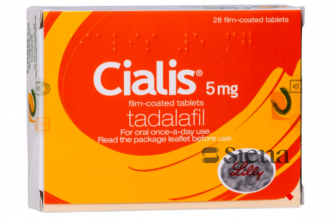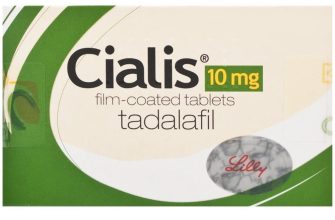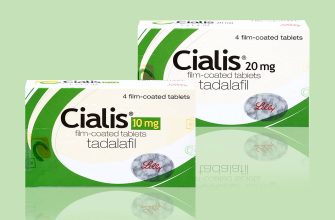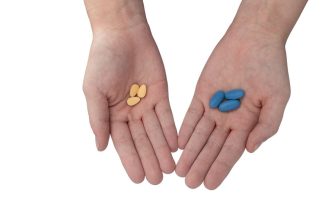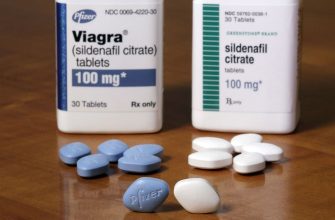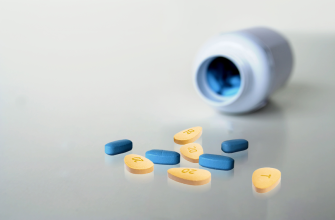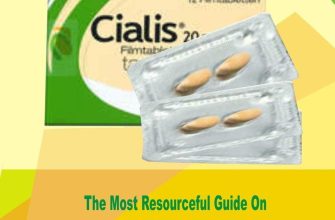Start with 10mg. This is generally the recommended starting dose for most men. It provides a good balance between efficacy and tolerability. Many find this dose sufficient for achieving satisfactory results.
If 10mg proves insufficient after a few attempts, then you should discuss increasing the dosage to 20mg with your doctor. They can assess your individual needs and health status to determine the best course of action. This ensures you receive personalized medical guidance.
Remember, individual responses to Cialis vary considerably. Factors such as age, overall health, and other medications you’re taking all influence how your body processes the drug. Never adjust your dosage without consulting a healthcare professional.
Your doctor can also help you understand potential side effects and how to manage them. They will provide tailored advice based on your specific circumstances, offering the safest and most effective approach to treatment.
- Cialis 10 mg vs. 20 mg: Understanding the Dosage Difference
- Choosing the Right Dosage: Factors to Consider
- Effectiveness and Side Effects: A Comparative Analysis
- Efficacy Differences
- Side Effect Profile
- Recommendation
- Individual Variation
- Cialis Dosage: Practical Considerations and Long-Term Use
- Factors Influencing Dosage
- Long-Term Use and Monitoring
Cialis 10 mg vs. 20 mg: Understanding the Dosage Difference
Start with the 10mg dose. This is generally the recommended starting point for most men. It offers a good balance of efficacy and tolerability.
If 10mg proves insufficient, your doctor might suggest increasing to 20mg. This higher dose provides a potentially stronger effect. However, it also increases the likelihood of side effects.
The difference lies primarily in the potency. 20mg delivers a higher concentration of tadalafil, leading to a potentially longer duration of action and a greater chance of achieving an erection. However, this isn’t guaranteed for all men.
Side effects, such as headache, back pain, or nasal congestion, are more common with the 20mg dose. Your doctor will weigh the potential benefits against the risks of increased side effects before prescribing the higher dose.
Individual responses vary greatly. What works well for one person might not be as effective for another. Open communication with your doctor is key to finding the optimal dose for you.
Dosage adjustments are made based on your individual needs and response. Don’t hesitate to discuss any concerns or changes in your experience with your physician.
Remember, Cialis should only be taken as prescribed by a doctor. Self-adjusting the dose can be dangerous. Always follow your doctor’s instructions.
Choosing the Right Dosage: Factors to Consider
Start with the lowest dose, 10mg, unless your doctor recommends otherwise. This allows your body to adjust gradually.
Your doctor will consider several factors when determining the appropriate dosage for you:
- Your age: Metabolism changes with age, influencing how your body processes medication.
- Your overall health: Pre-existing conditions, such as liver or kidney disease, may affect how Cialis is metabolized.
- Other medications you’re taking: Interactions with other drugs can impact Cialis’s efficacy and safety. Always inform your doctor of all medications, including over-the-counter drugs and supplements.
- Severity of erectile dysfunction (ED): The severity of your ED will influence the dosage needed for optimal results.
- Individual response: Everyone responds differently to medication. What works well for one person may not be as effective for another.
Dosage adjustments are made based on your response to treatment. If 10mg isn’t effective, your doctor might increase the dose to 20mg. However, they’ll also monitor for potential side effects.
- Never exceed the recommended dose without consulting your doctor.
- Report any side effects immediately. Common side effects include headache, flushing, and nasal congestion. More serious side effects are rare but require immediate medical attention.
- Follow your doctor’s instructions carefully. This includes how often to take the medication and when to expect results.
Regular check-ups with your doctor are crucial for ongoing monitoring and dosage adjustments as needed. Open communication with your doctor ensures you receive the best possible treatment.
Effectiveness and Side Effects: A Comparative Analysis
Choosing between Cialis 10mg and 20mg depends on individual needs and response. A lower dose (10mg) often suffices for many men, providing satisfactory erectile function with fewer side effects. However, if 10mg proves insufficient, a 20mg dose may be more successful.
Efficacy Differences
Clinical trials show both dosages are effective, improving erectile function in a significant percentage of participants. The 20mg dose generally demonstrates a slightly higher success rate in achieving and maintaining erections, but this comes with a potential increase in side effects.
Side Effect Profile
Common side effects include headache, flushing, nasal congestion, and muscle aches. These are generally mild and transient. The 20mg dose exhibits a higher probability of experiencing these effects, although the severity isn’t necessarily doubled. Serious side effects, such as vision changes or hearing loss, are rare with both dosages.
Recommendation
Start with the 10mg dose. If this doesn’t provide desired results after several attempts, discuss increasing to 20mg with your doctor. They can assess your individual health and risk factors to determine the most appropriate course of action. Always follow your physician’s guidance.
Individual Variation
Remember, responses to medication vary. What works well for one person might not work as well for another. Open communication with your doctor is crucial for managing treatment and addressing any concerns.
Cialis Dosage: Practical Considerations and Long-Term Use
Start with the lowest effective dose, typically 10mg. Many men find this sufficient. Increase to 20mg only if needed, and always under your doctor’s guidance. Don’t exceed this dosage. Regular monitoring is key; discuss your experience and any side effects with your physician at follow-up appointments.
Factors Influencing Dosage
Your age, overall health, and the presence of other medical conditions significantly affect Cialis’s efficacy and appropriate dosage. Liver or kidney problems can alter how your body processes the medication. Other medications you’re taking may also interact, impacting Cialis’s effectiveness and potentially increasing side effects. Always provide your doctor with a complete medication list. Grapefruit juice should be avoided as it can interfere with Cialis metabolism. Alcohol consumption may also affect your response to the medication.
Long-Term Use and Monitoring
Long-term Cialis use requires consistent medical supervision. Regular check-ups allow your doctor to assess your response to treatment, monitor for potential side effects, and make any necessary adjustments to your dosage or treatment plan. Be open and honest with your doctor about any changes in your health or symptoms.


